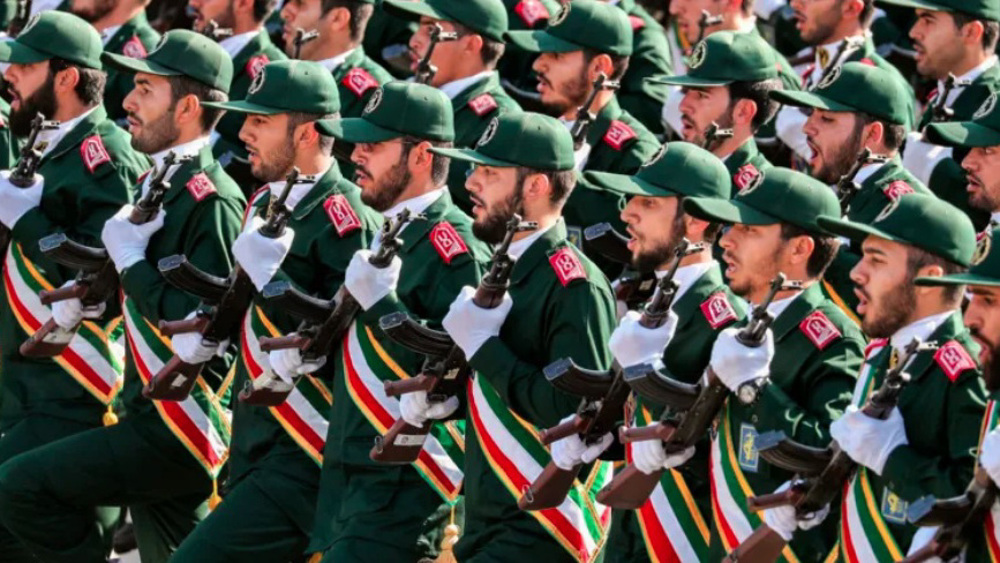'Imam Khomeini revived Islam's vitality'
Iranians marked the 28th anniversary of the passing of the founder of the Islamic Republic, Imam Khomeini in a host of events nationwide on Sunday. Press TV has talked to Shabbir Hassanally, activist and commentator, and Catherine Shakdam, author and commentator, both from London, about the late leader’s domestic and international influence.
Shabbir Hassanally said Imam Khomeini’s most important achievement was that he “revived Islam again” and “proved to everyone – with the example of Iran – that Islam is a viable system; it’s something which can bring about social justice.”
He went on, “What Imam Khomeini did was, he de-secularized and revived Islam as something that’s a viable force to change and to remove despotic regimes, to bring about social justice. He continued that revolution of Prophet Mohammad [Peace Be Upon Him] from 1,400 years ago.”
Imam Khomeini managed to reintroduce Islam to the world at a time when the religion was losing its vitality, the analyst said.
He mentioned prior to the Islamic Revolution, Islam was on the wane not just in Iran but across the world. “It was relegated to be something that was practiced by older people; that was done in the mosque every so often. It had no fire, no life.”
The activist drew a comparison between Iran’s Islamic Revolution and the so-called Arab Spring in some regional countries, saying that the problem with the recent movements in Arab nations is that people had “good reasons for throwing off the shackles of imperialism, but the leadership was lacking.”
According to Hassanally, Imam Khomeini was steadfast enough to lead the popular movement in Iran to a revolutionary victory.

Meanwhile, the other panelist, Catherine Shakdam, said that Imam Khomeini “understood Islam” and therefore he could relate the religion to the rest of the world.
Imam Khomeini established an Islamic system in Iran, which is “universal,” the author said.
“He managed to convince people that pluralism actually exists and that pluralism can exist in Islam and that Islam is a valid system in itself” and does not need to be secularized, Shakdam added.
She noted that nations around the world, including people in Latin America, Africa, Asia, and even Russia, welcomed Imam Khomeini’s message, which was looking for freedom and standing against tyranny.
“The world owes Imam Khomeini a great deal,” because he not only inspired resistance against tyranny, but also made world nations familiar with their right to have their own system of governance, she mentioned.
Imam Khomeini managed to stand up to imperial Britain and reaffirmed the sovereignty not just of Iran but of nations everywhere, Shakdam explained.
Gaza genocide's death toll may exceed 200,000: Report
Hamas: Any war against Iran amounts to attack on entire Muslim world
VIDEO | 47th anniversary of Islamic Revolution celebrated in Austria
Breaking with Trump, US House votes to pass bill ending Canada tariffs
Iranians declared their rights and dignity are not for sale: Araghchi
VIDEO | Netanyahu rushes to White House as Iranian leverage grows
VIDEO | Pakistan hosts events on 47th anniversary of Iran’s Islamic Revolution
VIDEO | Press TV's news headlines














 This makes it easy to access the Press TV website
This makes it easy to access the Press TV website